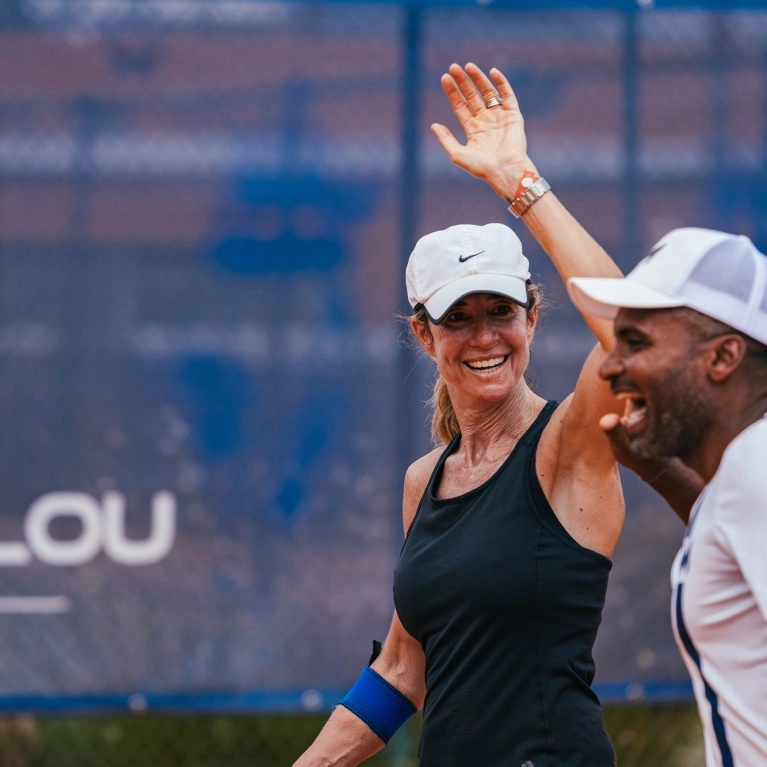Tennis is often regarded as one of the most demanding sports, both physically and mentally. It is above all an individual sport, where each player has to face adversity alone, without direct support. They have to manage their mistakes and their mental state without the direct support of a coach, which requires great inner strength and the ability to adapt in real time.
From a physical point of view, tennis requires a rare combination of qualities: endurance, speed, agility and power. Exchanges can be short and explosive, or long and gruelling, putting the body to a severe test.
On top of that, tennis is a sport of precision and timing, where every technical error can cost you a crucial point. Alternating between phases of intensity and reflection, as well as managing external elements such as the wind or the sun, makes this sport even more complex. Finally, the unpredictable duration of the matches, which can last from 45 minutes to several hours, adds to the mental and physical challenge.









